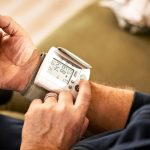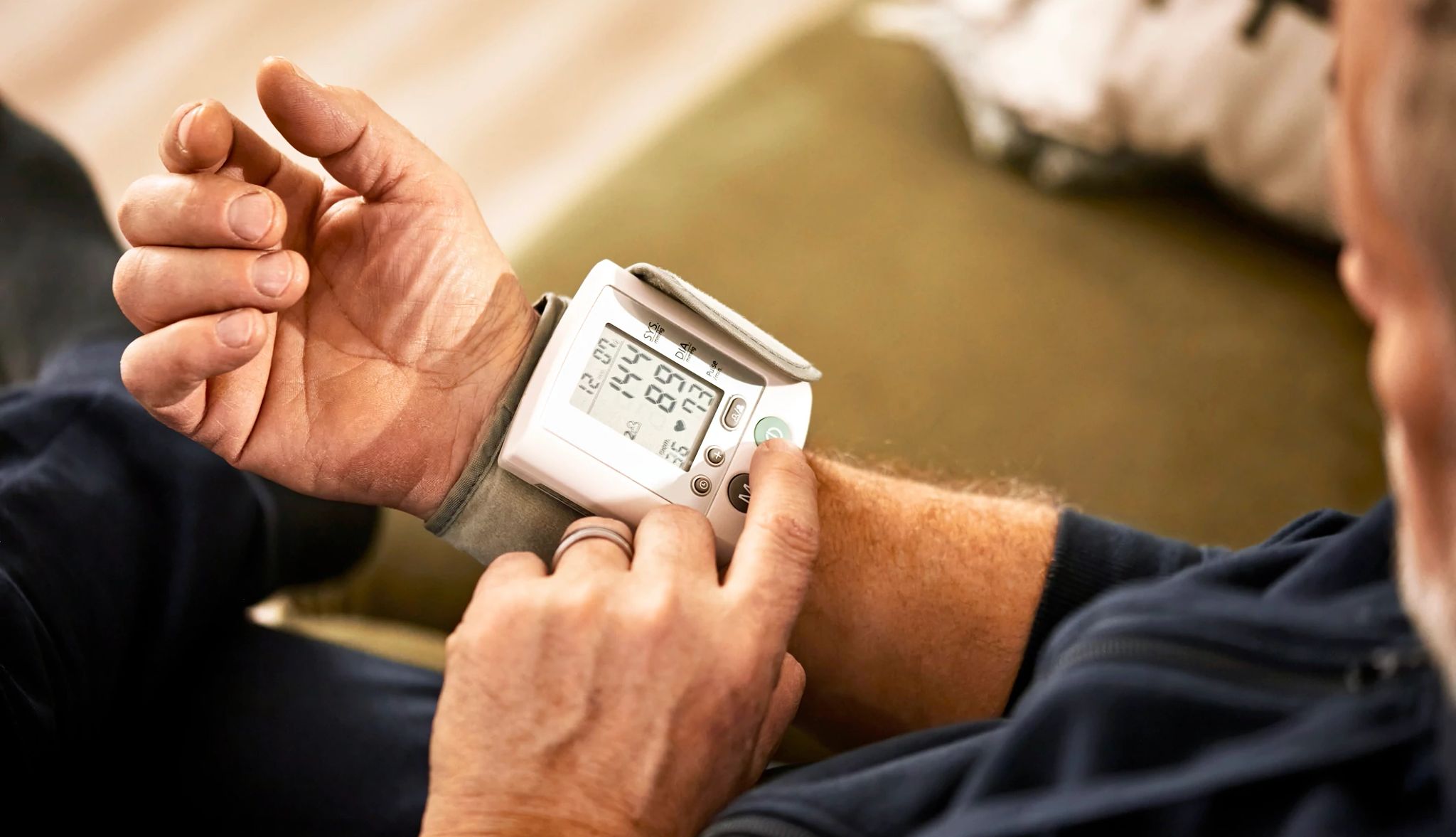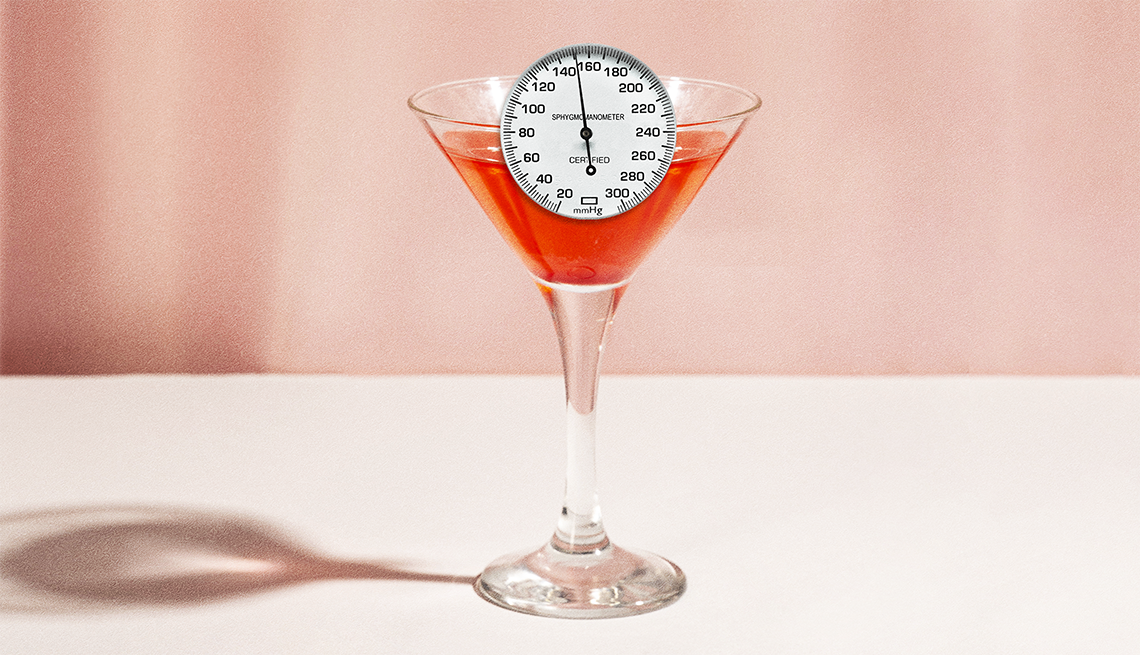
How does alcohol affect blood pressure?
Paradoxically, research suggests that alcohol can lower blood pressure initially: up to twelve hours after drinking it, but increases it later. Why the change?
At first, alcohol relaxes blood vessels, which constrict as the liver begins to metabolize it. That happens to all adults. “In both men and women there appears to be a direct relationship between alcohol consumption and systolic blood pressure,” says Dr. Matthew Tomey, a cardiologist at Mount Sinai Fuster Heart Hospital in New York.
The relationship between alcohol and blood pressure also involves the empty calories in alcohol, which can cause weight gain, which in turn is a risk factor for hypertension. “You have to be aware of the calories you consume with alcoholic beverages, not just the alcohol, but also the other ingredients in a given beverage,” Tomey says.
Studies have shown that a good percentage of people who drink alcohol also smoke, and that can also raise blood pressure.
What are the age-related risk factors for alcohol consumption on blood pressure?

Older adults—drinkers or non-drinkers, it doesn’t matter—are already at risk for hypertension. Research suggests that 74.5% of people ages 60 and older have hypertension, compared to 54.5% of adults ages 40 to 59. Several factors are to blame, one of which is the body’s network of blood vessels, which changes with age. The arteries become stiffer, causing blood pressure to increase.
This is partly why those who drink may notice that even though they consume the same amount as usual, they feel the effects more quickly or more intensely; This is especially true for older women, according to the National Institute on Aging. A slower metabolism also plays a role, as do prescription, over-the-counter, and even herbal medications common among older people. “As you age, health problems or prescription medications may require you to drink less alcohol or avoid it altogether,” the Institute states.
“Some of the new diabetes medications have a diuretic effect that could cause dehydration” in people with diabetes, Vaishnava says. Alcohol also has a diuretic effect. Research shows that regular use of acetaminophen can raise blood pressure, as can nonsteroidal anti-inflammatory drugs (NSAIDs) such as ibuprofen and naproxen. If you already have high blood pressure, NSAIDs can prevent several common medications, such as ACE inhibitors and diuretics, from doing their job.
Other over-the-counter products that can raise blood pressure that you should watch out for are decongestants, which relieve nasal congestion by narrowing blood vessels to reduce inflammation in the nose. Supplements such as ginseng and ephedra also raise blood pressure.

